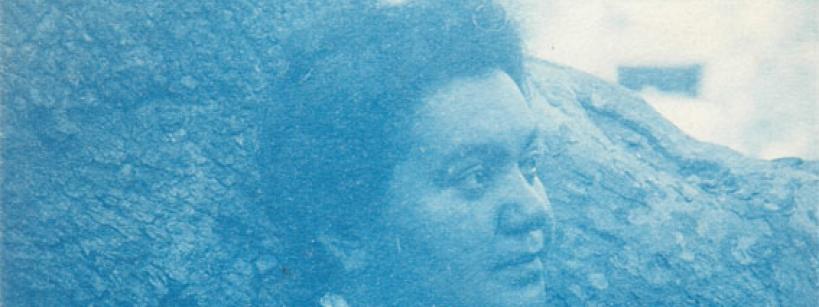By Suzanne Garcia, Director, Las Colibri Mariachi Ensemble and Marissa Lopez, Professor of English and Chicana/x Studies, UCLA
This weekend, as protests roil the U.S. and the country is called to account for its history of systemic racism and violence against people of color, we are proud to commemorate the 50th anniversary of the Chicano moratorium against the Vietnam War. On this historical day, Las Colibrí is proud to premiere “Versos del Alba,” a live recording and interpretation of lyrics taken from the 1901 journal of Manuela C. García.
García was a pionera, a 19th-century Angeleno who embraced her mexicanidad while asserting herself as an American. She is one of the most significant voices of early Los Angeles, yet little is known of her. Born into a family of musicians, García collaborated with Charles Lummis, former head of the Los Angeles Public Library, to collect and record “Spanish” folk music. She contributed over 100 songs to Lummis’ project. While the importance of his work has long been recognized, Lummis’ so-called “informants”—culture bearers and artists like García—remain largely unknown.
Recovering and remembering women like García gives historical context to later Mexicana, Chicana, and Latina cultural and political activism. There is much to learn from these voices that has been suppressed, kept from history books, and hidden for too long. Histories of el movimiento, the Chican@/x civil rights movement out of which the moratorium emerged, have long been dominated by men’s stories, but, as Gloria Anzaldúa says, “We have not one movement but many . . . . Ours are individual and small group movidas, unpublicized movimientos—movements not of media stars or popular authors but of small groups or single mujeres.”
Las Colibrí is committed to furthering a legacy of Mexican-American culture in L.A. Through arts and education, we stand for women like Manuela whose lives and contributions deserve recognition. We are proud to collaborate on the Revealing Women in the Archives initiative with the Autry and Picturing Mexican America to reintroduce Manuela and help her claim her rightful place in the cultural history of Los Angeles.
